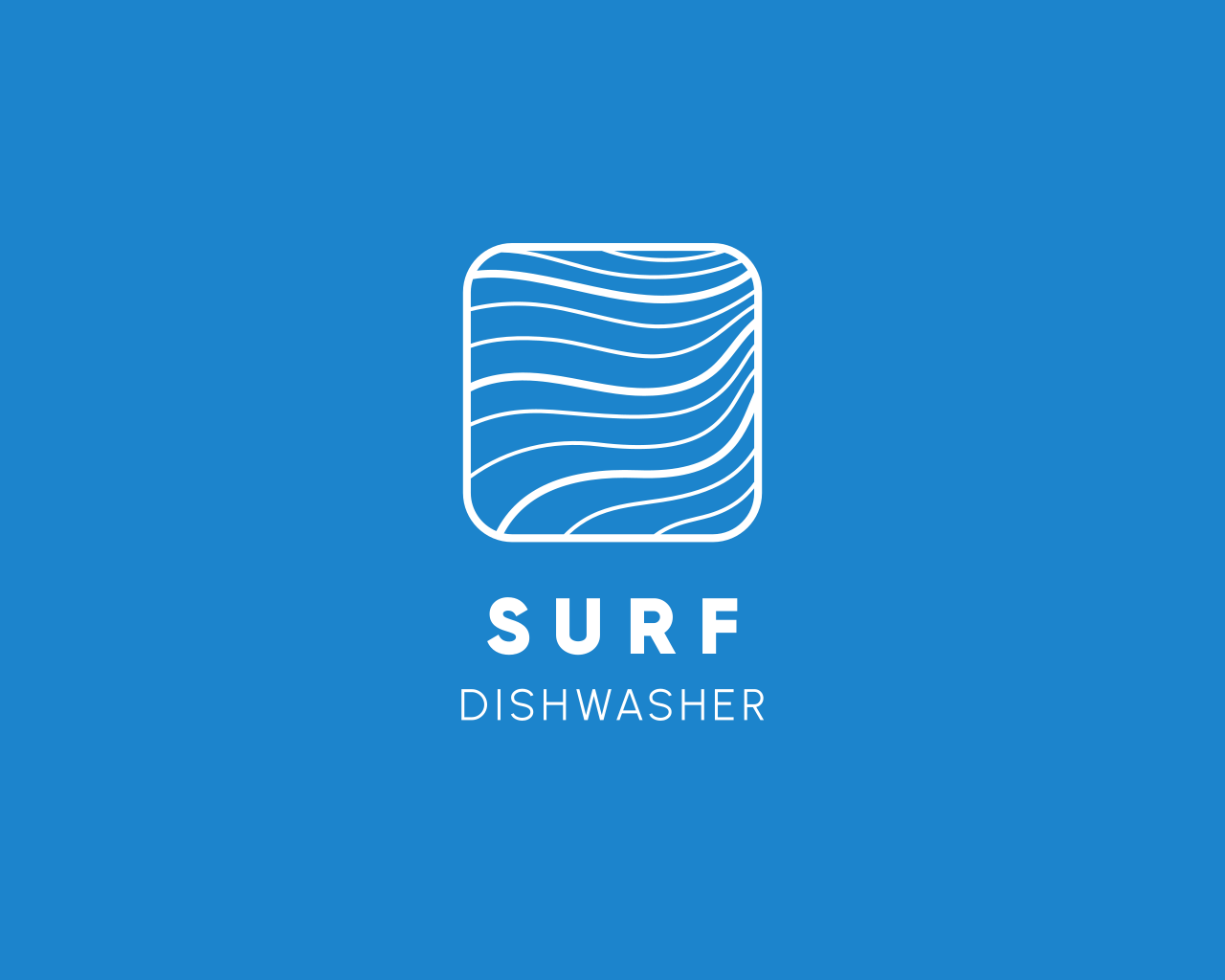- Yaro on AI and Tech Trends
- Posts
- 🫧AI Industry's Bubble Risk Looms.
🫧AI Industry's Bubble Risk Looms.
Plus: AI Ban does not apply to Microsoft.
Get in Front of 50k Tech Leaders: Grow With Us
Brought to you by SURF: The Dishwasher of the Future.
Happy Monday, everyone! In today's edition, we explore how U.S. soldiers are leveraging AI technology. We also investigate the potential of an AI bubble on the verge of bursting. Plus, we reveal why the AI ban doesn't apply to Microsoft. Let us know your thoughts!
📰 News and Trends.
AI Industry's Bubble Risk Looms.
Silicon Valley design in your Kitchen.
AI Ban does not apply to Microsoft.
🧰 AI Tools (Audio Editing II)
AI For Soldiers.
📰 AI News and Trends
ElevenLabs launches free AI voice isolator to take on Adobe (VB)
This is how federal law enforcement officials are using AI (ITbrew)
Figma pulls AI tool after criticism that it ripped off Apple’s design (TV)
Hollywood stars’ estates agree to the use of their voices with AI (CNN)
A new digital conflict is emerging as AI bots compete for web data, while content owners deploy their own AI tools to protect intellectual property (Axios)
🌐 Other News
Boeing accepts a plea deal to avoid a criminal trial over 737 Max crashes (AP)
Hackers have stolen USD 1.38 billion this year so far, compared to USD 657 million this time last year. Similar to 2023, a small number of large attacks made up the lion’s share of the haul (TRM)
Argentina Is About to Unleash a Wave of Lithium in a Global Glut (Bloomberg)
Costco's bold new plan for the California housing crisis (SFGate)
Threads officially hit 175 million users a year after launching… still far below X’s 556 million (TV)
AI Industry's Bubble Risk Looms.

Despite massive investments by tech giants, the AI industry faces a potential bubble, as highlighted in a recent report by Sequoia Capital analyst David Cahn. Currently, AI companies need to generate approximately $600 billion annually to cover their infrastructure costs, raising concerns about the industry's financial sustainability.
Why Do We Think So?
Investment vs. Revenue: Nvidia earned $47.5 billion in datacenter hardware revenue last year, but companies like AWS, Google, Meta, and Microsoft have yet to see proportional returns on their heavy AI investments.
Sequoia's Analysis: The total AI datacenter costs, including energy, buildings, and backup generators, can be up to $1B each per year. Cloud providers like Microsoft are significant contributors, with Nvidia reporting that large cloud providers account for half of its datacenter revenue.
Revenue Projections: Even optimistic revenue projections for major tech companies fall short, with a $500 billion gap remaining.
Bubble Concerns:
Speculative Investments: The AI hardware market could face intense price competition and rapid devaluation of new processors, leading to significant financial losses.
Sustained Innovation Needed: The industry must focus on creating applications that generate revenue. Without this, the speculative nature of current investments could result in a financial bubble burst, potentially triggering a global economic crisis.
Surge in AI Funding:
Recent Investments: From April to June, investors poured $27.1 billion into AI startups in the U.S., nearly half of the $56 billion total U.S. startup funding for the period, according to PitchBook.
Significant Deals: Major funding rounds included CoreWeave raising $1.1 billion, Scale AI securing $1 billion, and Elon Musk's xAI obtaining $6 billion.
Growth Amid Downturn: While many tech startups have struggled since early 2022, AI firms have thrived, driven by the excitement around generative AI technologies like OpenAI's ChatGPT.
AI as a Potential Bubble:
As the AI industry strives for profitability, fears of an AI bubble intensify. If speculative investments fail to generate substantial revenue, many investors could face significant losses, similar to past tech bubbles. AI will undoubtedly thrive, but the critical questions are which companies will be profitable and when. This scenario may mirror previous tech innovations where initial bubbles burst, only for the sector to flourish in the subsequent years.
Silicon Valley design in your Kitchen.
Apple and Relativity Space engineers team up to re-make the dishwasher.
Modern dishwashers are horrible! They are optimized for the general use case (full load of random dishes), not the common use case (small loads of commonly used dishes). Our insight into this led us to the Surf Dishwasher, which is optimized for the common use case. The upper compartments are specific to plates, bowls, glassware, and flatware, which means the cleaning methods for those dishes can be optimized for faster wash cycles and lower water usage.
AI Ban does not apply to Microsoft.
Despite OpenAI's recent restrictions on China-based AI developers, Chinese enterprises can still access OpenAI's conversational AI models through Microsoft's Azure China service. This exception is made possible by Microsoft's partnership with local firm 21Vianet, which manages Azure China. Microsoft has confirmed that OpenAI's services are available within China through this platform, and several Azure China clients have verified their ability to use these AI models. This arrangement effectively creates a loophole in OpenAI's general ban, allowing Chinese businesses to continue leveraging OpenAI's technology within the country via Microsoft's cloud services.
🧰 AI Tools
Audio Editing II
Voicemod - Adds real-time voice changing and custom sound effects to every game and communication desktop app.
Cleanvoice - Helps you improve the quality of your podcast or audio recording by removing filler sounds, stuttering, and mouth sounds.
Podcastle - Web-based platform that provides studio-quality recording, AI-powered editing, and seamless exporting all in one place.
Altered - Allows you to change your voice to any of their portfolio of voices or create custom voices for professional voice performances.
FRENZ Brainband by Earable - Silence your thoughts and drift into a deeper sleep. —AI-powered, scientifically-backed sleep tech that's transforming restless nights into restful slumber. Exclusive savings with code 'celis'!*
Download over 500+ Tools free here.
AI For Soldiers.

The U.S. military has shifted from developing powered armor suits to creating "hyper enabled operators" (HEOs) that leverage AI for special operations. Introduced in 2019, the HEO concept enhances decision-making by delivering real-time information through advanced sensors, computing, and communication systems. These tools provide actionable intelligence via head-up displays, boosting situational awareness and effectiveness in complex environments. Despite technical challenges, technologies like the Versatile Intelligent Translation Assistant (VITA) are already improving communication and operational capabilities. The HEO initiative aims to transform modern warfare by equipping soldiers with advanced AI tools, significantly enhancing their battlefield performance.
Newsletter Recommendation:
Growth Forum - Learn how to build a repeatable sales process creating a pipeline full of qualified deals.
Secrets of Success - Learn Mental Models for success.


Reply